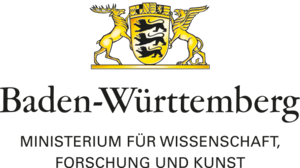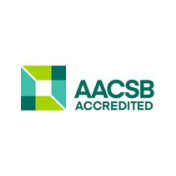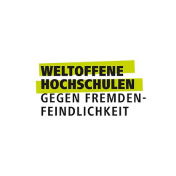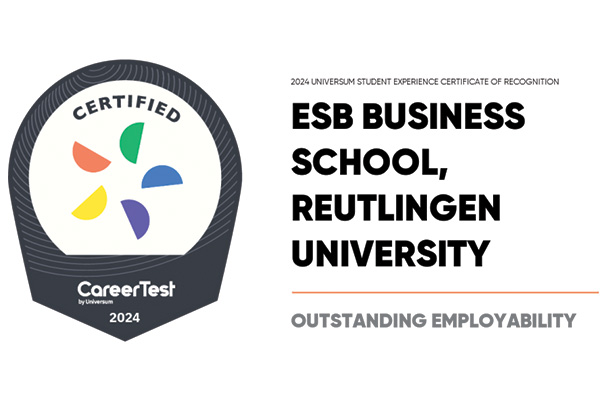Namibian German Incubator
Reutlingen University will establish a new cooperation with the University of Namibia (UNAM) in the fields of capacity building for universities, business development and service learning. The first "Namibian German Incubator" will use the infrastructure of both universities to promote the necessary competence building, coaching and training.
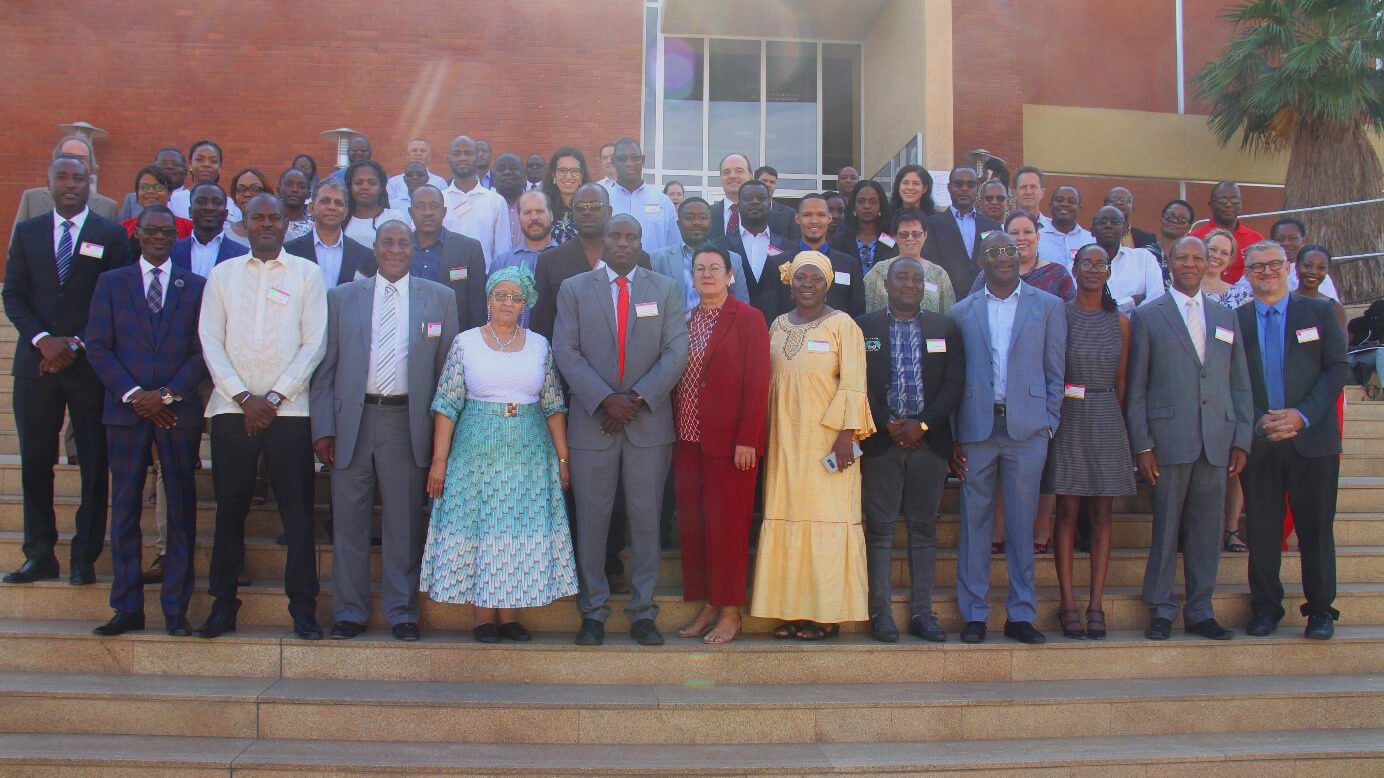
During the start-up financing phase, the project will analyse which subject areas and activities of both ESB Business School and the School of Computer Science at Reutlingen University with their Master's and Bachelor's study programmes, of the training and research centres as well as existing experience in international cooperations, related to the three programme approaches, would be suitable for a mutually sustainable successful cooperation. The aim is to design a first "Namibian-German Incubator" at the UNAM.
The approaches of the programme include:
- Capacity development programme for the improvement of teaching and learning, including staff development (PhD programme)
- Capacity building programme in business development
- Capacity development programme for service learning to support research programmes for municipalities and industry
Procedure
The project comprises the following five modules:
Results so far
The project outline "Namibian Interdisciplinary Innovation Hub (NIIH)" was developed on the basis of the collaboration between Reutlingen University and the University of Namibia (UNAM) that has existed since 2012. The core activities and content of the NIIH project were developed in February 2020 in a stakeholder workshop with more than 70 representatives from education, science, politics, the individual regions as well as from industry and its associations. In addition, the findings from the technical discussions of the UNAM delegation at Reutlingen University and the University of Hohenheim were incorporated in 2019.
This project outline was the basis for an application for project funding at the African Development Bank.
At the beginning of 2021, this project outline was expanded to include further aspects of Industry 4.0 as well as future-oriented industries for Namibia. This has resulted in a comprehensive project idea "4IR - 4. Industrial Revolution - Innovation Entrepreneurship and Technology Hub (4IR Hub)". The project would support the national goals of achieving a sustainable and economically efficient society and economy in Namibia. Its aim is to develop "Namibian solutions".
In terms of the depth of local value creation, a shift in the Namibian economy from raw materials suppliers to value creation through local production of finished goods is crucial. Fourth industrial revolution technologies (4IR Hub) can be applied across a wide range of industries and disciplines to make Namibia more economically competitive and resilient. Innovative manufacturing, logistics, precision agriculture and hydrobiology, digital health care, digital government, digital business etc. can benefit Namibia by providing solutions adapted to its conditions. If the necessary skills training were not strategically integrated into the post-graduate education of future professionals in a targeted manner and with a certain broad impact, while at the same time designing and offering a skills training programme based on continuing education, it would be a long time before measurable impacts in industrial projects and other economic sectors became effective.
In order to achieve the above mentioned goals, the cooperation partners in the 4IR Hub project have designed a variety of coordinated activities along the life cycle of university higher education, research and innovation, development and transfer in cooperation for important industries in Namibia. These are to be implemented in cooperation with international partners if the project is funded. Through this concerted and coordinated approach, as well as the involvement of all stakeholders in Namibia, an effectiveness in implementation will be achieved that could not be achieved by one actor alone.
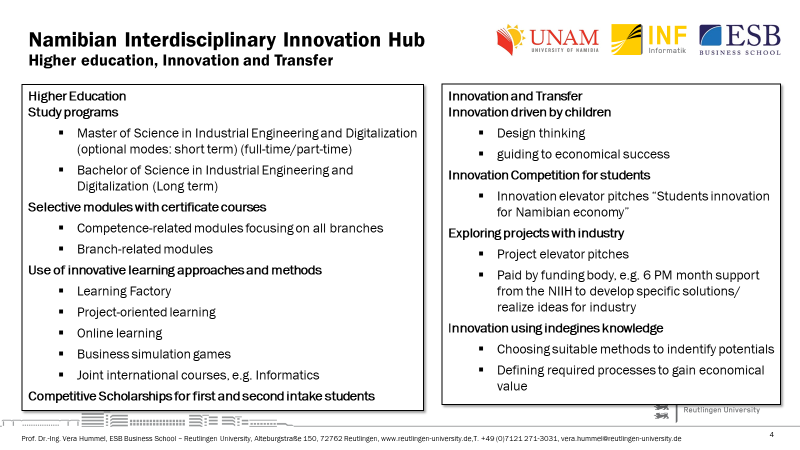
Your contact person
The project is supported with start-up funding within the framework of the funding programme "Long-term Exchange with Africa" of the Ministry of Science and Art Baden-Württemberg MWK.

